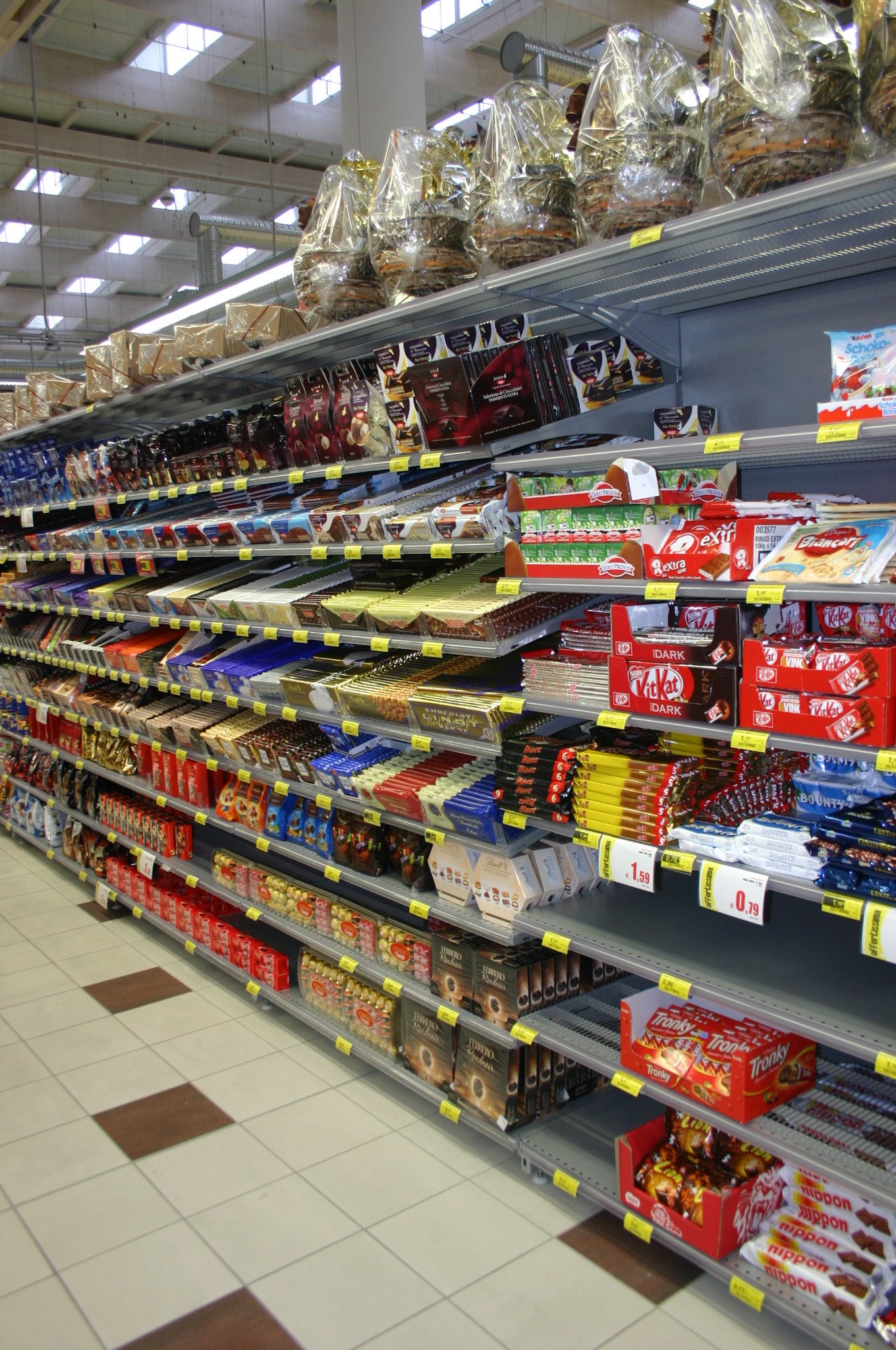
By REBECCA COLLARD — Goods flew off the shelves at a supermarket Wednesday in Beirut as Lebanon announced new travel restrictions in response to the novel coronavirus. By Thursday, supermarket shelves were restocked, but the country faces a unique problem in the midst of the pandemic. Almost everything Lebanon consumes is imported — and COVID-19 has struck as Lebanon slides deeper into a dire financial crisis brought on by government corruption and mismanagement. Since October, protesters have been in the streets demanding a new government and an end to the country’s sectarian political system. The Lebanese lira has lost around 40% of its value against the US dollar in recent months. That means everything is going up in price, especially imported goods — which comprises most food, medicine and medical supplies.
At a supermarket in Beirut, Dr. Abraham Hadid, an orthopedic surgeon, pushed a shopping cart filled with canned tuna, corn, soda water and instant coffee. “I’m buying everything I need for a long time,” he said, wearing a face mask and plastic gloves. “I don’t want to come back here because of corona.” Hadid says Lebanon has good doctors and a relatively strong health system, but that system is strained by the economic crisis. That will hurt the country’s ability to respond to the outbreak of COVID-19. As of Friday there were 77 confirmed cases and three deaths in Lebanon, and the numbers are rising. “All the equipment we need, needles … serum, the prices of everything are increasing,” Hadid said. “We have two crises so close.”


![Prime Minister Hassan Diab's announcement came as Lebanon registered its second death from coronavirus [File: Dalati/Nohra/Reuters]](https://www.aljazeera.com/mritems/imagecache/mbdxxlarge/mritems/Images/2020/3/7/ef7e15c59e7c4896b3b8220aaf965c43_18.jpg)






